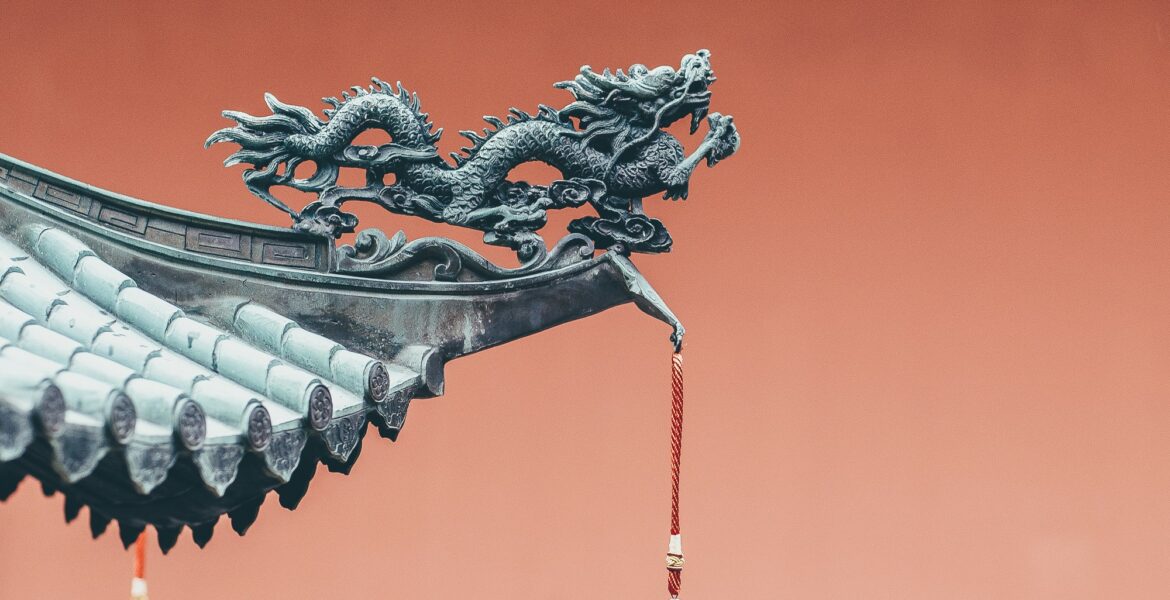Photo by Annie Spratt on Unsplash
A respected think tank says that how the EU deals with China will have a “profound effect” on the sort of economic and geopolitical entity that the Union becomes in the mid-21st century.
This is the view of the Centre for European Reform, an independent think-tank.
In its annual report for 2023, it says the last year “was dark and difficult for the world, with stalemate in the war in Ukraine, ominous clouds looming over US politics and a new conflict erupting in Gaza.”
It adds, “But the EU maintained its poise.”
The report compares and contrasts the EU’s and the US’s approaches to China, arguing that they have different interests: the Europeans are more intertwined with China economically, while the US cares more about it as a geopolitical threat in East Asia.
It adds, “The EU worries about what China does, while the US worries more about what China is. Beijing is fearful of the EU lining up closely with the US, yet its own actions – the theft of IP by its companies, the bullying of neighbours and the abuse of human rights – are pushing the Europeans align more closely with the US.”
Writing in the annual report, Charles Grant, its director, says, “China is the world’s largest economy, measured at purchasing power parity, and the EU’s number one trading partner.It accounts for about 30 per cent of global carbon emissions. And it is a weighty military and diplomatic power, building a conventional and nuclear arsenal that will challenge the US’s position as the pre-eminent security actor in the Indo-Pacific region.”
Grant goes on, “How is EU policy towards China evolving? How do the Chinese view the EU? Does it make sense for the US and the EU to work together on China, and is there scope for them to do so? Can the Europeans influence China’s actions? Are the British closer to the US or the EU on China? And how will changes within China affect Europe’s relationship with it? In the early years of this century, many Europeans had quite warm feelings about China.”
He continues, “There seemed to be a real possibility that it would become more liberal, not only economically, but even politically. When China joined the World Trade Organisation in 2001 there was a broad consensus among Western leaders on Wandel durch Handel – that trade changes countries for the better.”
“But the Europeans have gradually become disillusioned with China, particularly over the past ten years or so, for three main sets of reasons. “Europeans have given up hope that China will play by the rules on trade and investment.”
“They accuse it of stealing intellectual property, denying Europeans reciprocal market access, using excessive amounts of state aid to help its firms take over European ones or win contracts at the expense of European competitors, and much else. The EU argues that a big reason for its trade.”
Grant argues that at the moment EU policy on China is “probably about right”, adding “It would be better for Europe, economically, for there to be no new cold war.”
“In a cold war or even worse, a hot war, Europe would have to line up beside the US, and accept at least partial economic decoupling from China, at considerable cost. So the Europeans need to use such influence as they have to reduce the chances of this split-world scenario.”
He concludes, ”The message that all European leaders need to give their Chinese counterparts, again and again, is that if they want to avoid pushing Europe into an American embrace, they need to stop doing some of the things that turn Europeans against them.”
“The Europeans can also point out to the Chinese that if they took such steps, it would curb the hostility of some Americans towards China”




